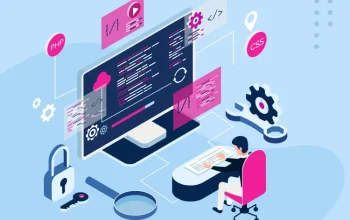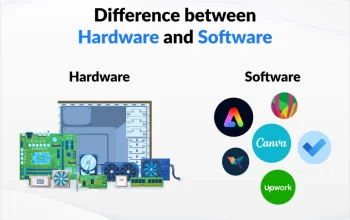Software engineers require the ability to collaborate effectively in order to do their jobs successfully. Since they frequently collaborate with different teams on projects, it’s crucial that their ideas can be effectively conveyed across.
Whoever wishes to pursue this career should enroll in coding bootcamps – intensive eight to 30-week programs which teach practical, language-specific coding skills.
Communication skills
Communicating clearly and concisely is an integral soft skill for software engineers. This involves active listening, expressing thoughts in ways understood by others and showing empathy; all essential skills for navigating challenges, fostering collaboration and ensuring projects’ success.
Software engineering involves understanding various technical aspects of computer systems, such as programming languages and databases. With such knowledge in hand, software engineers can develop applications that are efficient, reliable, and secure.
Software engineering is an ideal career choice for those who enjoy working with people. Communicating effectively between team members from various backgrounds can be challenging, yet teamwork can help you learn new techniques and enhance the quality of your code to produce better work overall.
Problem-solving skills
Software engineers require problem-solving skills as an indispensable element of their job. They use these capabilities to identify, and fix bugs in code as well as find ways to tackle technical problems – something which may prove challenging when working under tight deadlines.
Common techniques for solving complex issues include breaking it into smaller components and iterative testing to find solutions, helping engineers build more scalable and maintainable code.
Answer interview questions regarding problem-solving by providing examples of how you have used your skills in the past to address specific challenges. For instance, discuss how your efforts resolved miscommunication between departments or increased sales by developing customer-friendly features – be sure to provide evidence such as sales reports or client testimonials as proof.
Interpersonal skills
Software engineers must possess effective communication skills when dealing with other developers or clients, including being polite, listening attentively and accepting criticism without taking it personally. Furthermore, possessing emotional intelligence will allow a software engineer to remain calm when encountering professional obstacles.
Time management skills are vitally important for software engineers who often must meet tight deadlines and review meetings. With these abilities in their tool belt, software engineers can complete projects on schedule while meeting customer expectations.
Software engineers spend much of their day dealing with machines; yet, they must still demonstrate empathy. This could involve encouraging fellow developers or understanding someone outside the field of programming who is experiencing difficulty; these soft skills allow engineers to form lasting relationships with both customers and colleagues alike.
Analytical skills
Analytical skills are an integral component of being an IT engineer, as these allow them to spot patterns and trends, make logical decisions, and communicate them efficiently within their company. Without such skills, businesses would struggle to operate and progress.
Interviewers typically assess analytical abilities through case study exercises or written exams, which involve providing candidates with information to review before providing recommendations to their assessors.
To effectively demonstrate your analytical abilities in a job application, use action verbs in your summary statement to outline what you’ve accomplished at work. For instance, write: “Conducted market research to refine product messaging and increase sales by 30%”. Alternatively, list tools you use such as GitHub, Jira or Command Line which demonstrate these capabilities.
Attention to detail
Within most job descriptions you’ll find “detail-oriented,” an employee with this skill is typically listed. Being detail-oriented involves researching thoroughly, working meticulously and producing consistent accurate results – thus saving time and energy by eliminating supervisor checks of an employee’s work.
Attention to detail is especially essential in roles requiring high levels of accuracy and precision, such as finance administration roles that rely on candidates processing numbers accurately and understanding discrepancies in data. Copywriting or content writing positions rely heavily on candidates catching grammatical errors; copywriters/content writers require being able to spot grammatical mistakes quickly; as do positions which require stamina to complete detail-intensive tasks over extended periods – thus reinforcing this skill set.





